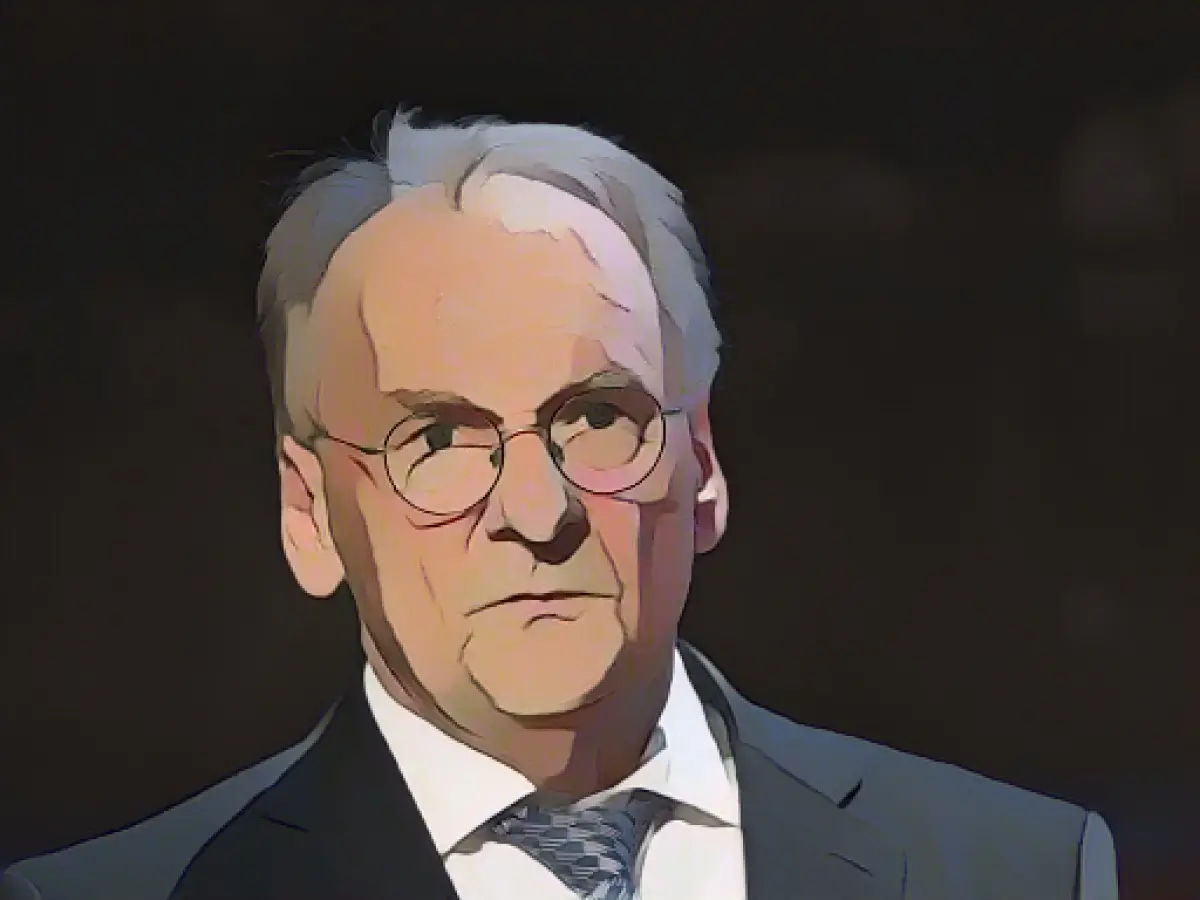Debt Brake Reform: Haseloff's Perspective
In a recent interview with Stern magazine, Saxony-Anhalt's Minister President and CDU politician, Reiner Haseloff, expressed his belief that the debt brake needs reforming. He emphasized the necessity of finding constitutionally compliant means to invest in future economic development, technology, and science.
While the current traffic light coalition government hasn't prioritized debt brake reform, there's been a mix of positions on the topic within the coalition itself. The Greens and SPD advocate for a debate on the debt brake's future, while Federal Finance Minister Lindner (FDP) rejects relaxation. Haseloff, despite the disagreement within the coalition, remains a vocal advocate for changes.
This call to action stems from the Federal Constitutional Court's budget ruling on funds designated as coronavirus relief loans, only to be used for climate protection and economic modernization. Subsequently, the court ruled against the reservation of emergency loans for future years, potentially putting billions of euros for future projects at risk.
Understanding the Complexity
The debate surrounding debt brake reform in Germany is intricate, influenced by various factors:
- The Court's Ruling: The Federal Constitutional Court's decision has tightened the rules for emergency borrowing, impacting how exemptions are used in the event of crises.
- Political Positions: The CDU/CSU, SPD, and Greens have different views on the debt brake. The FDP, on the other hand, strongly opposes new debt, advocating for budget cuts and reduced bureaucracy.
- Public Opinion: A recent poll revealed that 55% of Germans support debt brake reform, suggesting a shift in public sentiment towards more investment spending.
- Economic Context: The German economy's weak growth outlook complicates the debate, with some arguing that higher levels of debt are required for infrastructure investment and stimulus.
Conclusion
As the debate around debt brake reform in Germany evolves, Haseloff represents one of the voices advocating for change within the CDU/CSU. Regardless of the coalition's current stance, the public's evolving opinion and the need to address the economic challenges ahead may guide the future of the debt brake.








